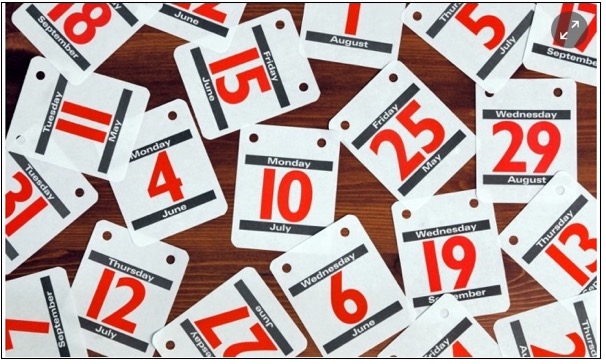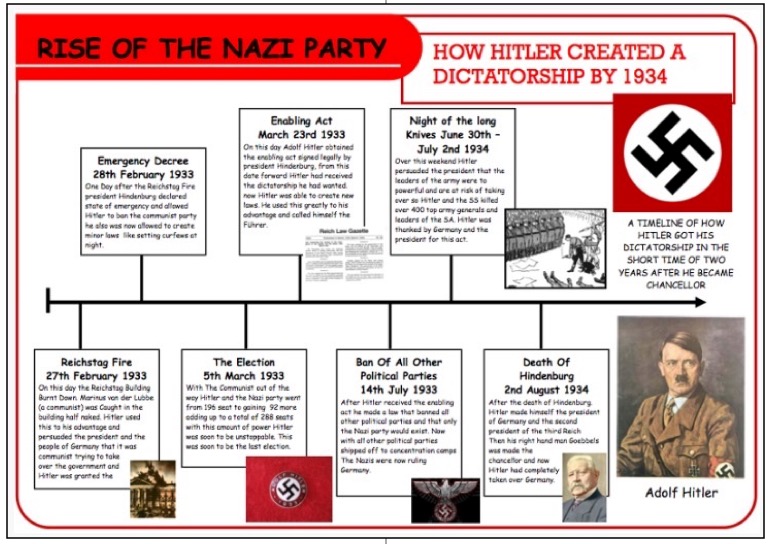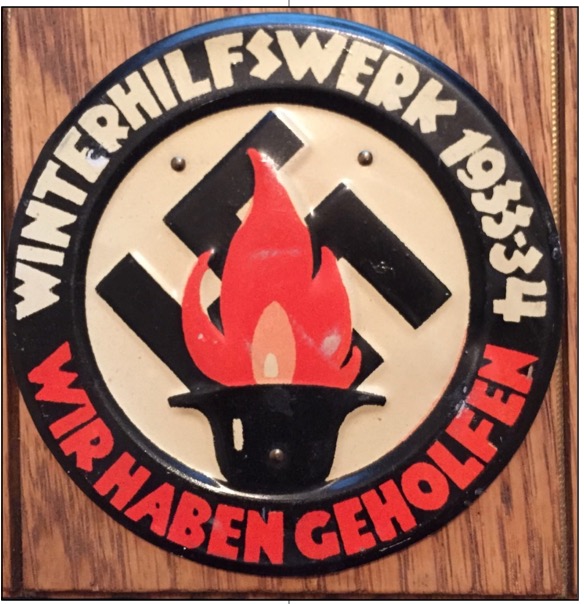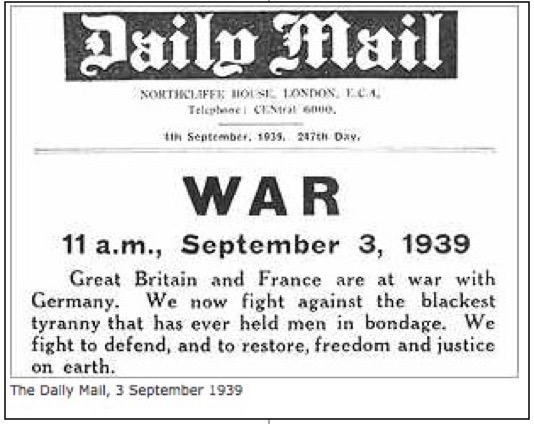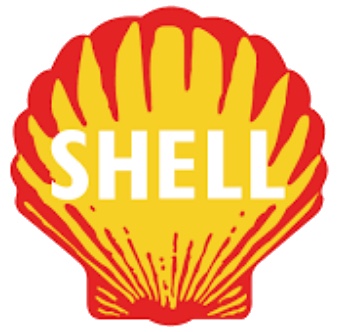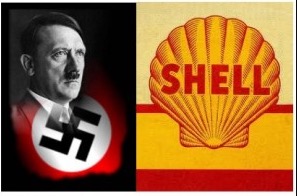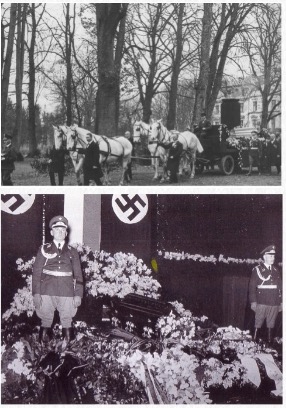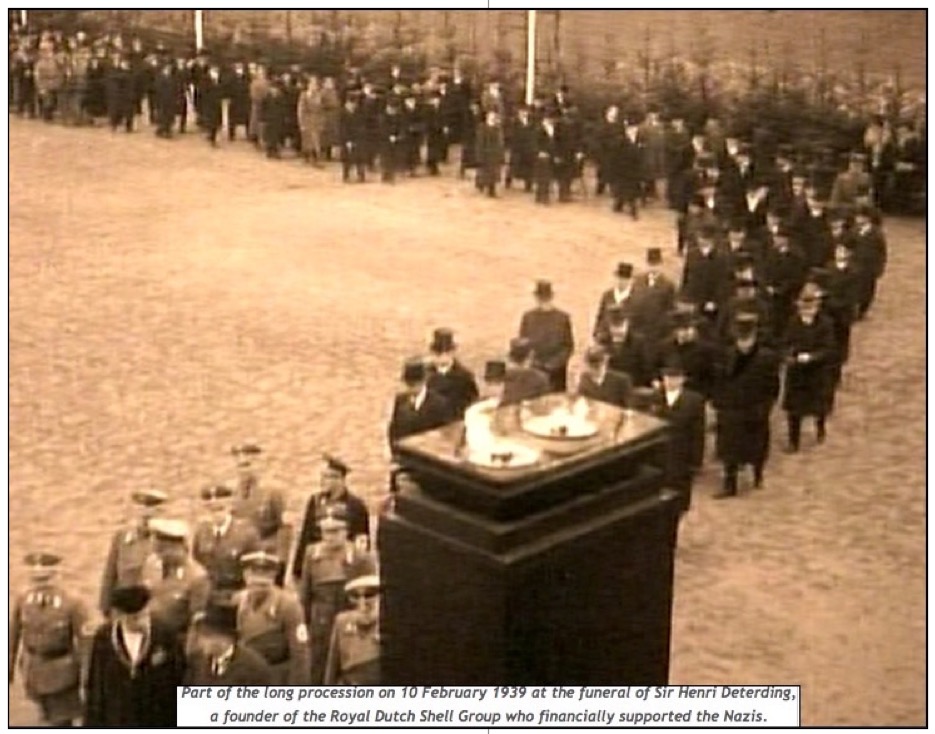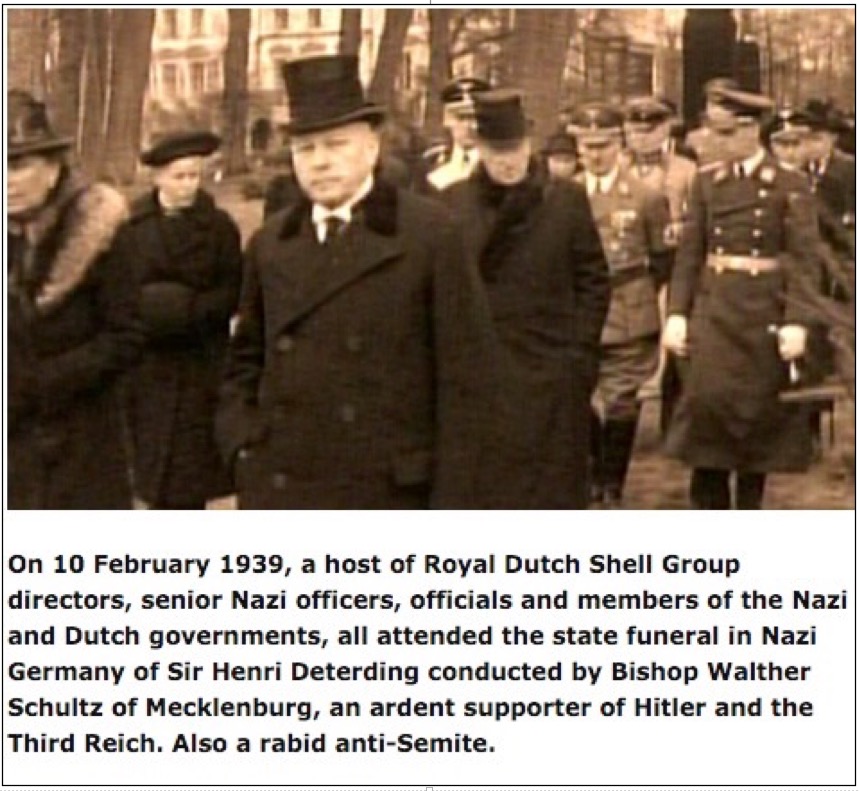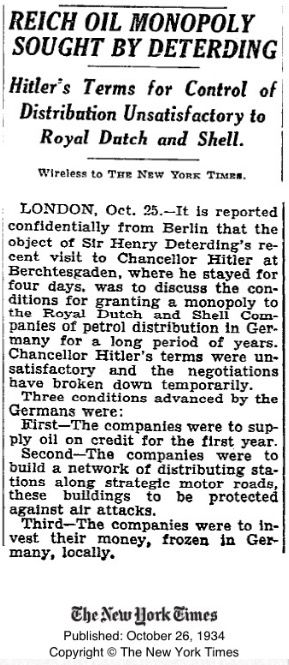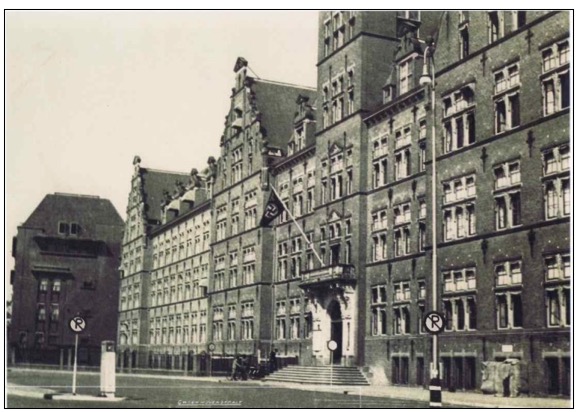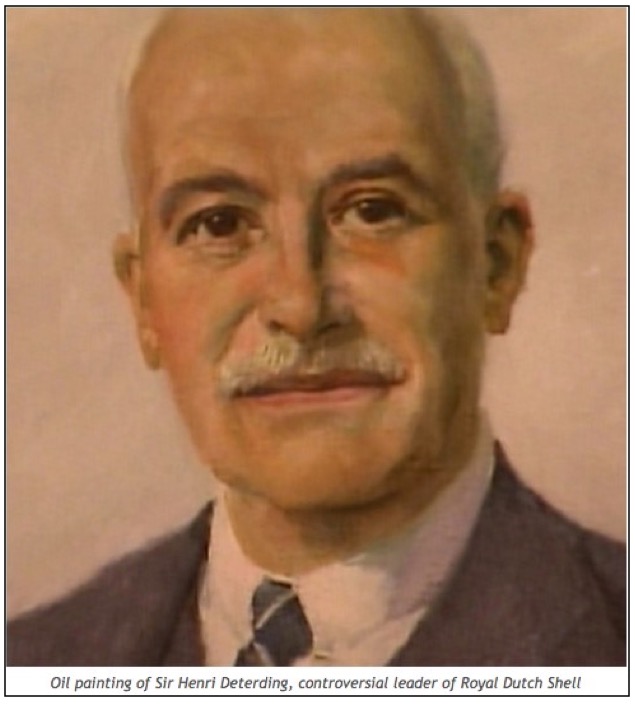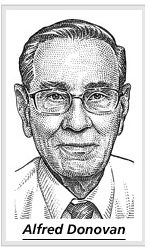Index of key dates:
Henri Deterding served as chairman of the combined Royal Dutch/Shell oil company between 1900 and 1936.
In or around 1931, Deterding bought a hunting estate in rural Mecklenburg, Germany. See page 477 RDSH V1.
The Reichstag fire, a pivotal event in the rise of Hitler, took place in January 1933.
On 30 January 1933 (page 465 RDSH V1) Hitler was appointed Reich Chancellor of Germany.
Deterding welcomed Hitler’s appointment and by November 1933, Deterding said that he had met Hitler. See page 477 RDSH V1.
On 3 April 1933, the Nazi representatives of the works council of Rhenania-Ossag, the Shell operating company in Germany presented management with demands for the immediate dismissal of all Jewish directors. See page 469 RDSH V1.
In May and June 1933, the board of directors of Rhenania-Ossag was “thoroughly overhauled” with all Jewish members removed and a Nazi party member appointed, joining one already in place. See page 469 RDSH V1.
The far-reaching changes to the Rhenania-Ossag board took place with the consent of Royal Dutch Shell.” See page 469 RDSH V1.
Germany’s rearmament began in secret in 1934. See page 472 RDSH V1.
On 26 October 1934, The New York Times published a Reuters article reporting that Deterding was the guest of Hitler during a four-day meeting at Berchtesgaden.
By Sept 1935, Guus Kessler, a senior Group director was worried about Rhenania-Ossag losing its position in the German gasoline market. See page 471 of RDSH V1. He was also director of Rhenania-Ossag.
Although Kessler had the remit for the Group’s German affairs, Deterding took a greater interest following the rise of the Nazi regime. See page 477 RDSH V1.
From September 1935, the German Foreign Office seconded one of its staff to Deterding as a personal assistant for political matters. See page 478 RDSH V1.
Deterding resigned his leadership role of the Group on 26 October 1936, taking effect on 31 December 1936.
However, according to Shell’s historians, Deterding “had effectively retired and gone to live in Germany,” in June 1936, though “he continued to meddle in Group affairs throughout the summer.” See page 486 RDSH V1.
He was still meddling on Boxing day 26 December 1938, six weeks before his death. Page 488 RDSH V1.
In October 1936, Dr. W. Kruspig, GM of Rhenania-Ossag, started negotiations with representatives of Farben and Jersey Standard Oil about a joint synthetic gasoline plant to be built at Politz. See page 464 of RDSH V1.
On 26 October 1936, the Daily Express reported Deterding’s resignation as President of Royal Dutch Petroleum Company and correctly stated that he retained his seat on the board. This was later confirmed in an article published by The Times.
In December 1936, there were global news reports about Deterding’s food donations to Germany. According to Shell’s records, Deterding donated 10 million guilders in surplus Dutch food to the annual Nazi-run Winterhilfswerk (Winter Relief) organization in Germany. See page 483 RDSH V1.
The Shell Group initially refused to move forward with the Politz project, but by February 1937, reversed the decision: “Because the Group wanted at all costs to avoid its commitment to a synthetic gasoline plant becoming public knowledge, two banks fronted as shareholders in Hydrierwerke Politz.” See page 473 RDSH V1.
After Deterding’s retirement as the leader, the Royal Dutch/Shell Group continued to do business with the Nazis in a variety of ways under Kessler and his Royal Dutch director colleague, Baron van Eck. See page 485 RDSH V1.
From 1937 Deterding, still a Shell director was influenced by a personal secretary with outspoken fascist sympathies and helped to finance a paper published by a fascist splinter group in the Netherlands. See page 483 RDSH V1.
In June 1937, The New York Times published an article reporting that Deterding was sending more food to Germany.
The publication of the book “The Most Powerful Man in the World: Sir Henri Deterding” by Glyn Roberts took place in June 1938.
Sir Henri was still active, still a Royal Dutch Group director and still able to legally challenge the accuracy and truthfulness of the content. He did not do so.
In February 1939, the Group received an ultimatum from the Nazis in relation to the Politz project: if Rhenania-Ossag did not take its full share in the costs, the Nazi government would interpret this as an infringement of the company’s duty under the law to act in the interests of the German people and the German State.
Dutch Group managers capitulated and gave Rhenania-Ossag permission to raise its financial commitment to Politz. See page 474 RDSH V1.
Sir Henri Deterding died in St. Moritz, Switzerland on 4 February 1939 several months before the outbreak of the 2nd World War. His funeral took place on 10 February 1939.
World War 2 commenced in Sept 1939.
In January 1940, the Nazi government appointed a “Verwalter” or caretaker manager for Rhenania-Ossag, the operating company of Shell in Germany. See pages 22 and 78 of RDSH V2.
DIRECTORSHIP DATES:
Dates of Deterding’s Royal Dutch/Shell directorships are listed in “A History of Royal Dutch Shell Appendices. Figures and Explanations, Collective Bibliography, and Index. See pages 93 to 99.
Sir Henri was the leading executive director of multiple companies within the Royal Dutch/Shell Group until 31 December 1937 and remained a director of multiple Royal Dutch Group companies until his death on 4 February 1939.
He held preference shares giving him or his heirs a measure of control over Royal Dutch and therefore over the Group.
Hence, Deterding did not lose his grip over the business until his death. See page 490 RDSH V1.
ENDS
Copyright Notice: All rights, including copyright and compilation in the content of shellnazihistory.com web pages authored by John Donovan are owned or controlled for these purposes by him. In accessing the said web pages, you agree that you may only download the content for your own personal non-commercial use. Except where expressly stated otherwise, you are not permitted to copy, broadcast, download, store (in any medium), transmit, show or play in public, adapt or change in any way the content of these web pages for any other purpose whatsoever without the prior written permission of John Donovan via the email address: john@shellnews.net
shellplc.website and its sister non-profit websites royaldutchshellplc.com, royaldutchshellgroup.com, shellenergy.website, shellnazihistory.com, royaldutchshell.website, johndonovan.website, shellnews.net and shell2004.com are owned by John Donovan. There is also a Wikipedia feature.